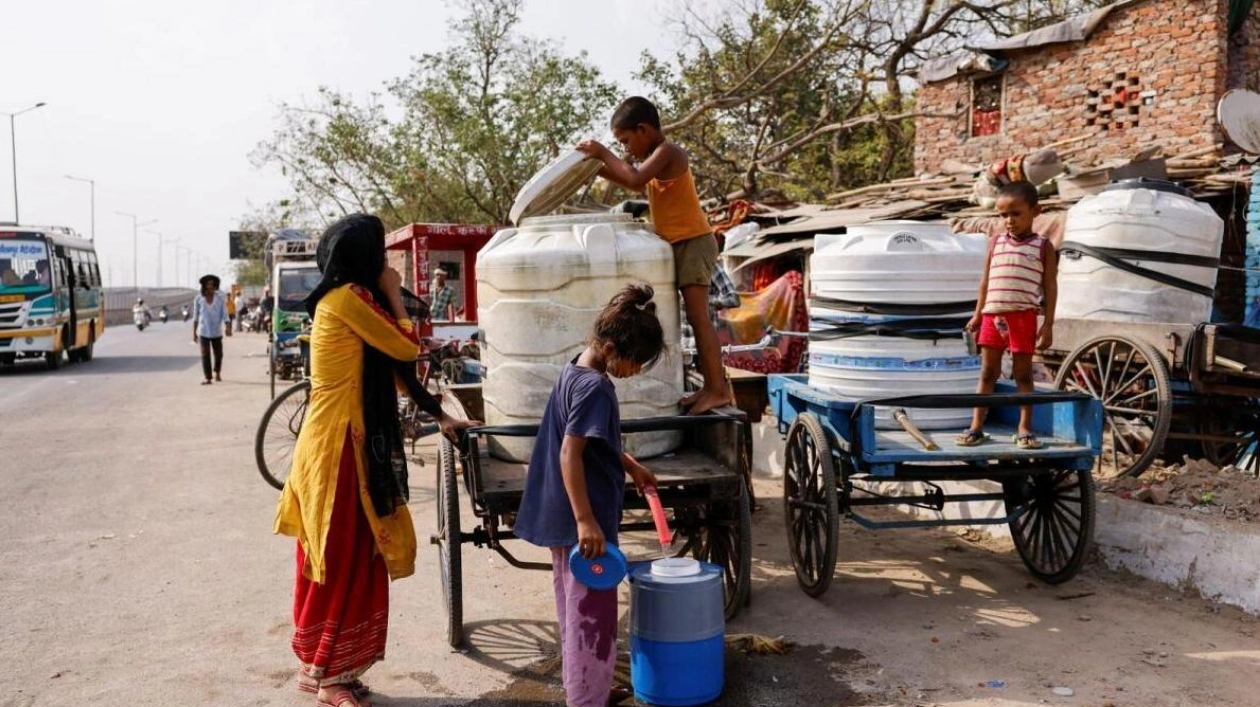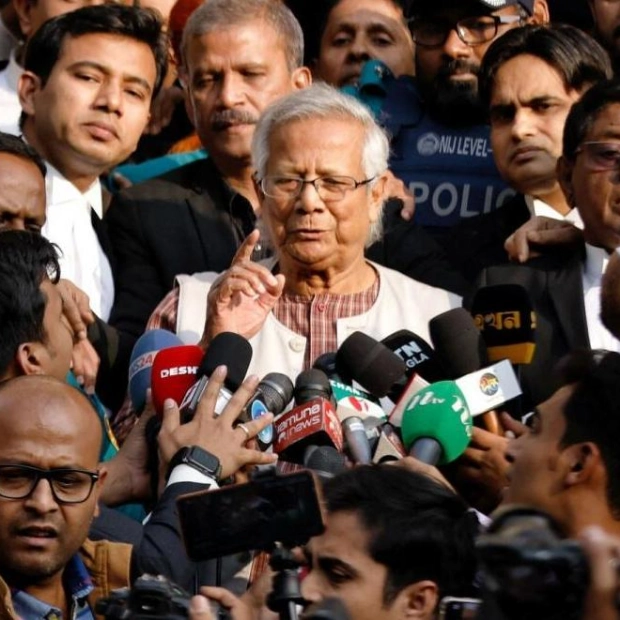India's heatwave has set a record for its duration, according to the government's leading meteorologist who spoke on Monday. He cautioned that the public should brace for even more severe heat conditions. Northern India has been enduring a heatwave since mid-May, with temperatures exceeding 45 degrees Celsius (113 degrees Fahrenheit). 'This is the longest heatwave as it has persisted for about 24 days across various regions of the country,' stated Mrutyunjay Mohapatra, the head of India's Meteorological Department (IMD), in an interview with the Indian Express daily. Although the temperatures are expected to decrease as the monsoon rains advance northward this month, Mohapatra warned that more extreme heatwaves are likely in the future. 'Without preventive measures, heatwaves will become more frequent, longer, and more intense,' he noted. India, the world's third-largest emitter of greenhouse gases, has pledged to reach net zero emissions by 2070, lagging behind most of the industrialized West by two decades. Currently, the country heavily relies on coal for electricity generation. Mohapatra explained that human activities, growing population, industrialization, and transportation are increasing the levels of carbon monoxide, methane, and chlorocarbons, endangering both current and future generations. Scientific studies indicate that climate change is exacerbating the length, frequency, and intensity of heatwaves. The recent heatwave in New Delhi equaled the city's previous record high of 49.2C (120.5F) set in 2022. As residents sought respite from the heat, the electricity grid faced a record peak demand of 8,302 megawatts. On May 29, an automatic weather station in the Delhi suburb of Mungeshpur recorded a temperature of 52.9C (127.2F), which was later attributed to a faulty sensor. Meanwhile, 17 other stations in Delhi recorded a maximum temperature of 49C (120.2F) the same day. An expert committee was formed to investigate the readings over the next two days and confirmed issues with the sensor. Although the IMD had initially raised concerns about the recording, Mohapatra confirmed the sensor fault for the first time. He added that while the AWS are inspected every six months, occasional disturbances by birds or monkeys can occur.'

Text: Lara Palmer
11.06.2024
Meteorological Department Chief Highlights Need for Preventive Measures as Heatwaves Intensify





